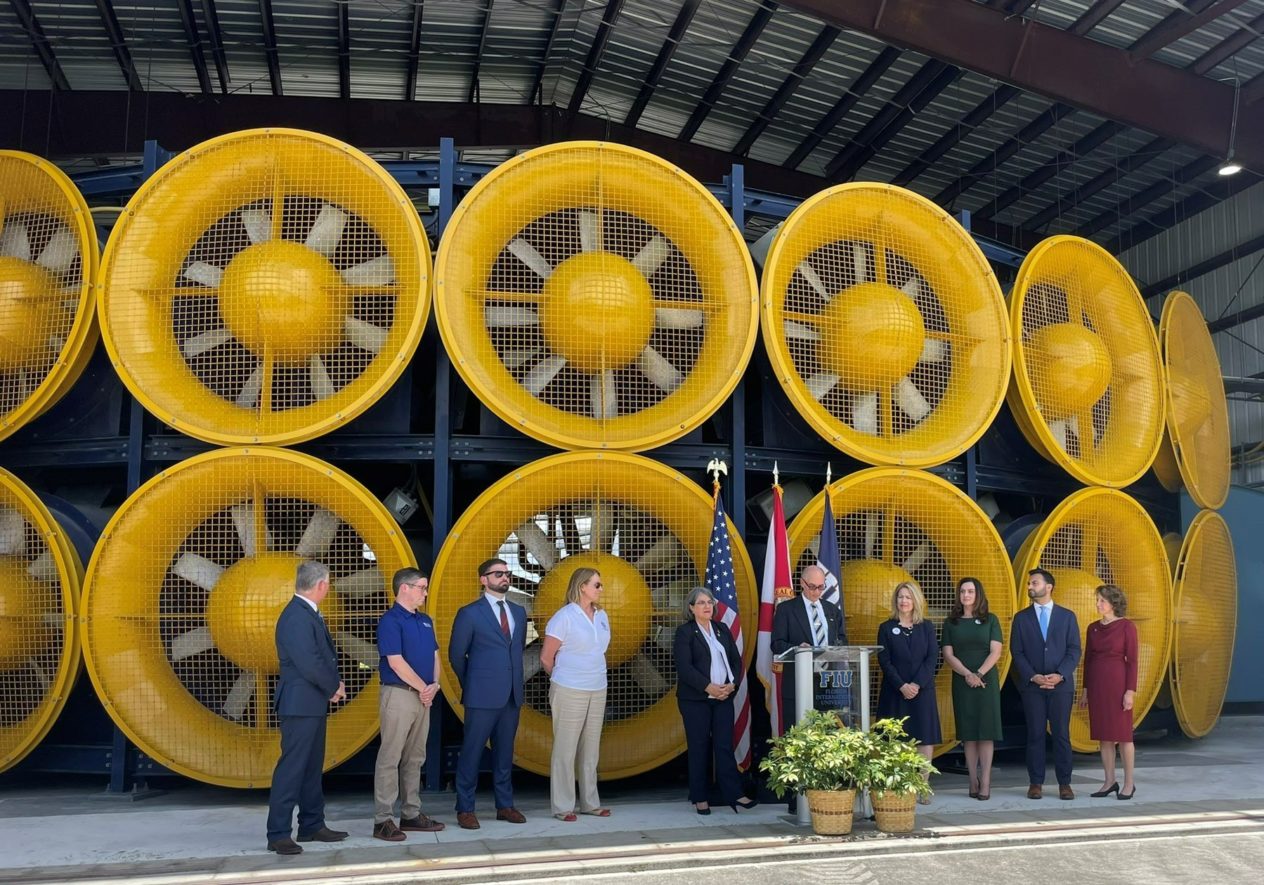MIAMI, FL – The BuildStrong Coalition today joined White House officials for the announcement of the National Initiative to Advance Building Codes at the start of the 2022 Atlantic Hurricane Season. The announcement was made at Florida International University by National Deputy Climate Advisor Ali Zaidi, who appeared alongside FEMA Administrator Deanne Criswell and other federal agency officials. The initiative is geared toward making communities more resilient to the growing threat of extreme weather events by encouraging the adoption of modern building codes.
“BuildStrong has led the charge on the adoption of the latest building codes as a key driver for enhancing community resilience and lowering risk for over a decade, and we see this wholesale federal buy-in as an acknowledgment of that philosophy,” said BuildStrong Coalition Executive Director Natalie Enclade. “We’re proud to be a part of this announcement today and look forward to continuing the effort to improve our national climate resilience through modern codes and standards.”
BuildStrong was joined at the event by fellow organizational partners the Insurance Institute for Building and Home Safety (IBHS), the International Code Council (ICC), and the Federal Alliance for Safe Homes (FLASH).
The interagency initiative is being led by FEMA in conjunction with the Department of Energy, HUD, and other federal agencies. According to the White House, the initiative will help state, local, Tribal, and territorial governments adopt the latest, current building codes and standards, enabling communities to be more resilient to hurricanes, flooding, wildfires, and other extreme weather events that are intensifying due to climate change. The initiative includes a comprehensive review of federal funding and financing of building construction, incentivizes communities to adopt the latest codes and standards, leverages FEMA’s new Building Codes Strategy, and utilizes $225 million in funding made available through the Bipartisan Infrastructure Law to support building energy code adoption.

